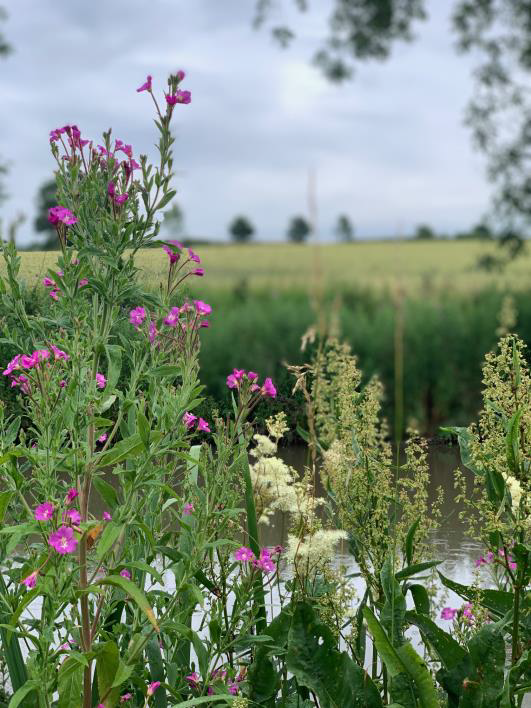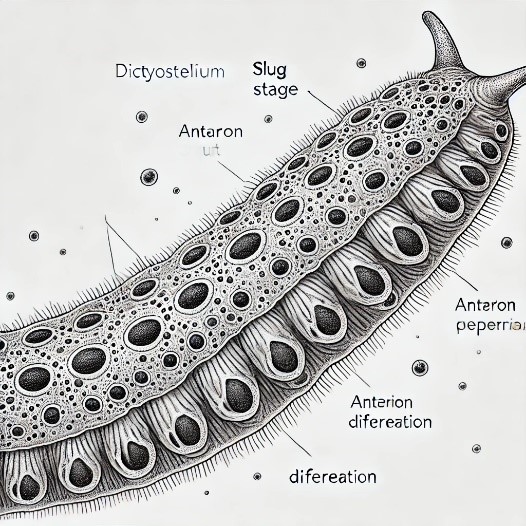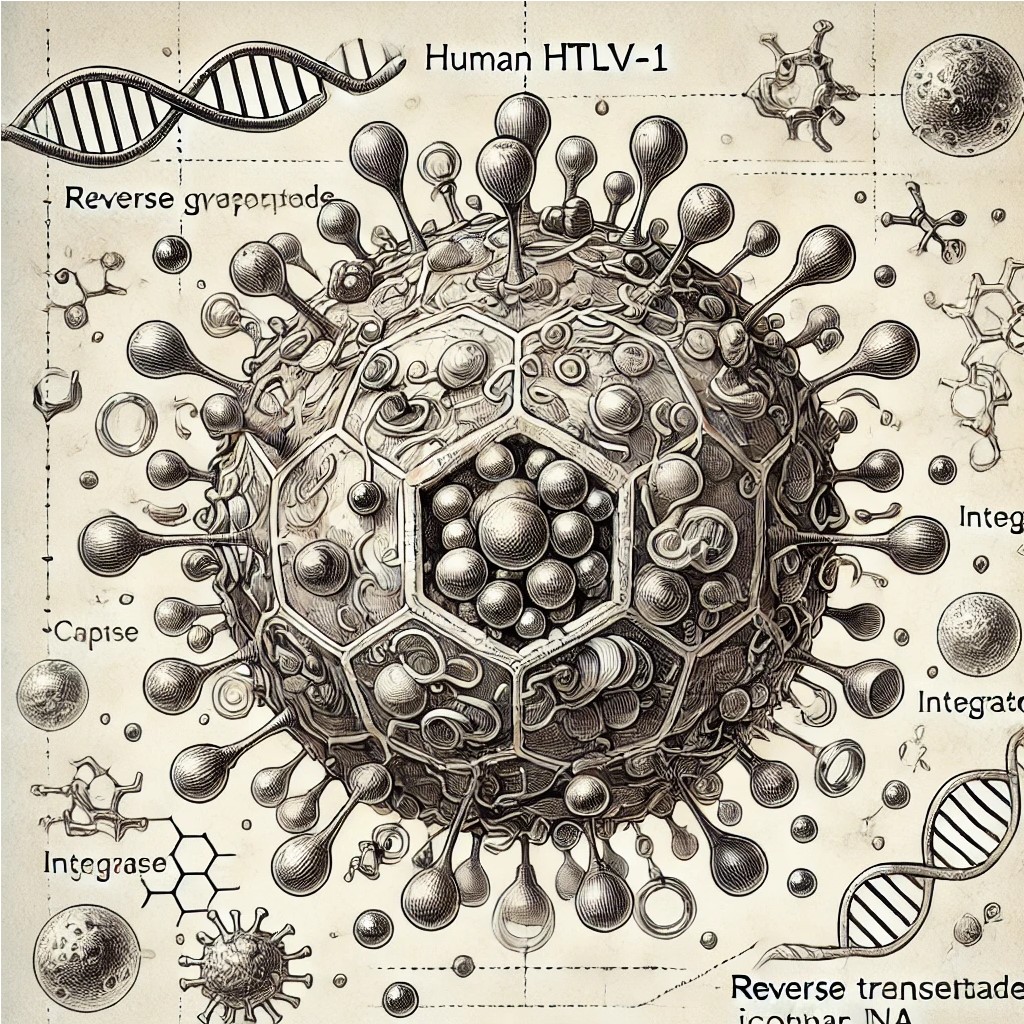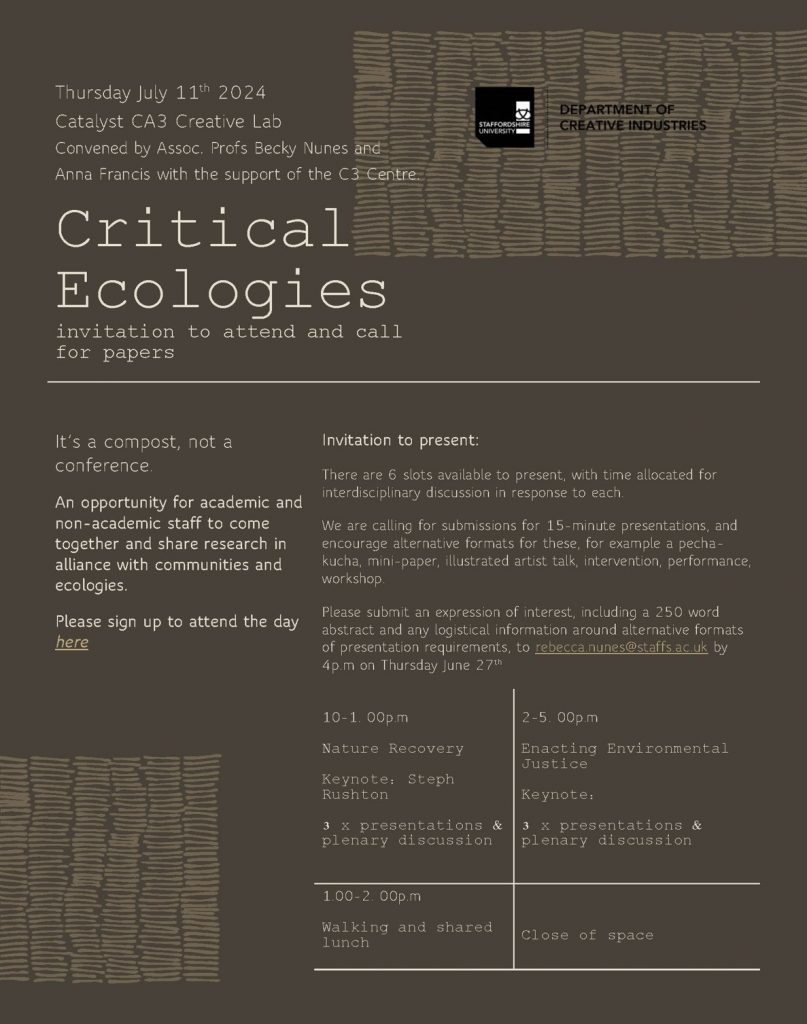Last call to participate in our C3 Critical Ecologies Symposium, July 9th 2026!
Where: Level 3, Catalyst Building. Leek Rd. Campus, University of Staffordshire
When: July 9th 2026 10 – 4pm
Last chance to sign up and join Rebecca Nunes and Anna Francis and other researchers whose practices intersect with climate alliance and social equity for a day of research sharing and development of exploratory future collaboration. If you would like to join us please email or Teams me: rebecca.nunes@staffs.ac.uk so we can add you in. The day will be held in Catalyst, and food and drinks will be provided.
Critical Ecologies Summer Symposium 2025
Critical Ecologies is a grassroots research hub, generating a community of practice holding space to focus discussion and innovation around nature recovery and environmental justice.
The outcomes of our collaboration throughout the day will form a Research Document, which will be shared immediately after the Symposium with all participants and will inform our ongoing efforts for the next year’s cycle of Critical Ecologies Seasonal Gatherings for 2025/26.
Symposium Date: Wednesday, 9th July 10 – 4
Level 3, Catalyst Building. Leek Rd. Campus, University of Staffordshire





